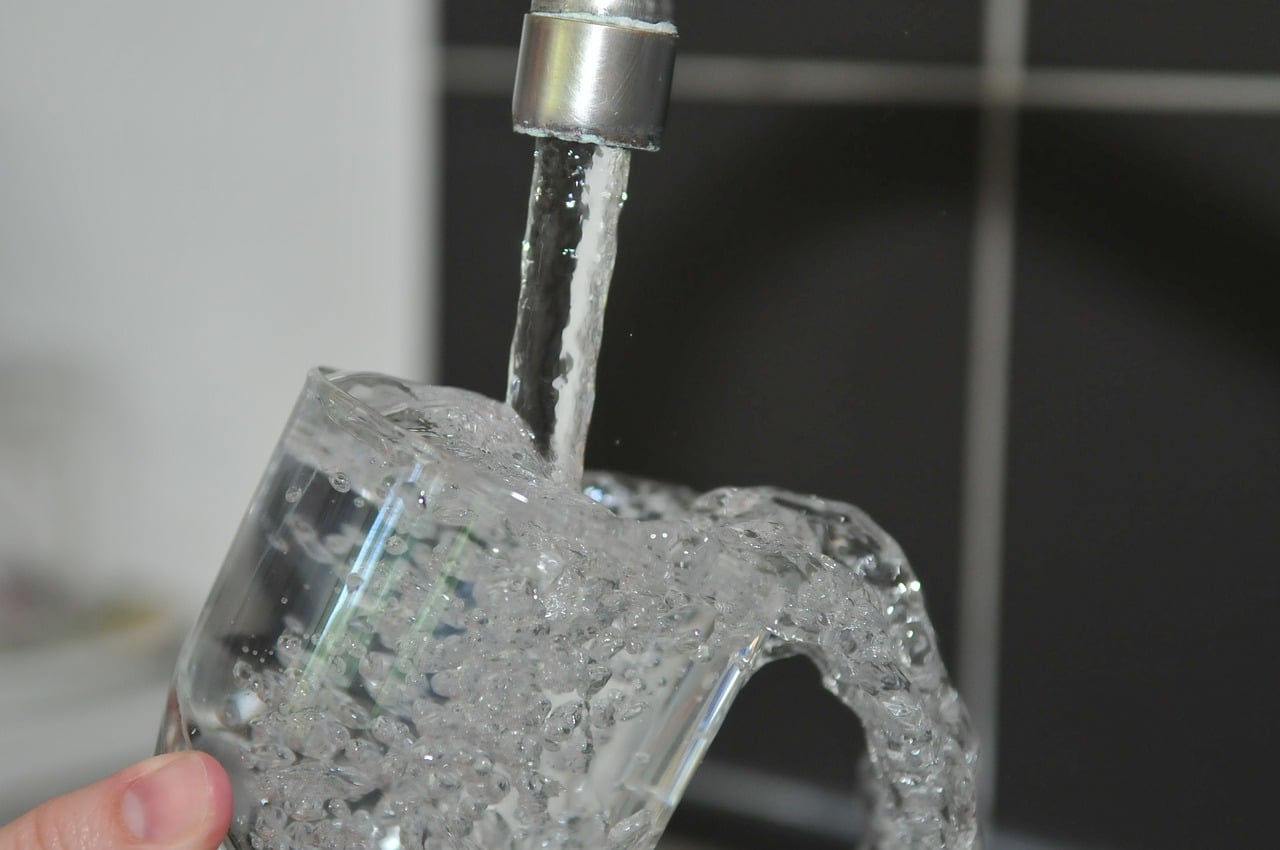Groundwater is an incredibly important resource required by all countries to survive, particularly for the purpose of food production. Groundwater resources include aquifers below the ground’s surface, which is considered the world’s most important natural resource that can only be replaced by adequate rainfall.
Increased Drought Mean Less Water for European Countries
With the welcoming of summer in June for most European countries, looking back on 2019 and now, 2020, scientists have recorded information that indicates the warmest two years in Europe on record to date. As a result of increased temperatures all year round, Europe has experienced extraordinarily little snowfall in the past two years. This has led to increased bouts of drought, with European countries experiencing historic heat waves this year during the month of May.
Even though residents are enjoying hotter temperatures, less snow for Europe altogether is bad news as it increases the country’s reluctancy to drought. This affects freshwater availability, including that which is found in the ground, rivers, and springs.
In the past few months during the season of spring, meteorological drought conditions have started to affect eastern European countries, causing tributaries and groundwater resources to experience drier-than-normal weather. Meteorologists have also predicted rainfall seasons to be below-average for southern and eastern European countries. Even though freshwater is mainly used for drinking and cleaning purposes, at a glance, one tends to forget its crucial significance in food production. Without an adequate supply of freshwater, the wheat production for one has been negatively affected.
As it stands, the countries that have been the most severely hit by the drought include Germany, France, Czechia, Ukraine, Russia, Turkey, and falling not too far behind, Poland and Spain. These countries have had the least rainfall and snowfall in 2020. Surrounding countries have also experienced more drought than usual.






